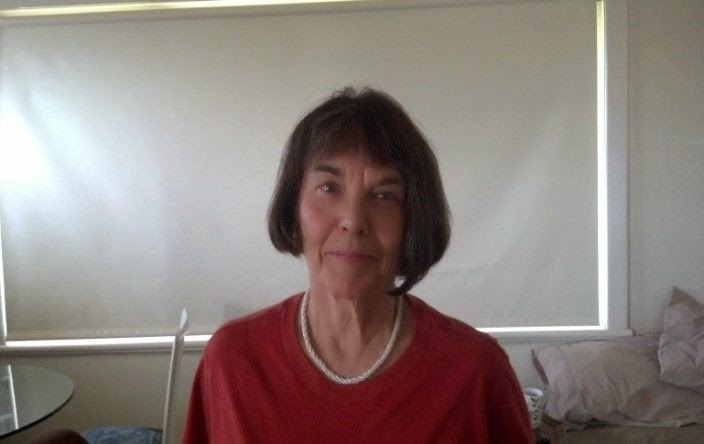A newborn’s heart is the size of a strawberry. It’s written on a poster I pass, clicking in my heels down the linoleum-covered corridor.
The family’s been moved from maternity into a private room. I hear a nurse talking so I sit outside the room on a plastic chair and wait. Her voice is the one we all use around a bereaved family: soothing to them but unsettling to ourselves. My nylon skirt crackles when I smooth it.
Then it’s just me and the parents and my job. The father signs automatically and hands the forms back. He turns to his wife who is staring at the bassinet. I don't look inside; I know what is there. By now the baby’s skin would be waxen and bluish like a doll. I look at the name on the front of my folio. It was a boy. I need to get back to my office, so I nod my thanks and turn to go.





